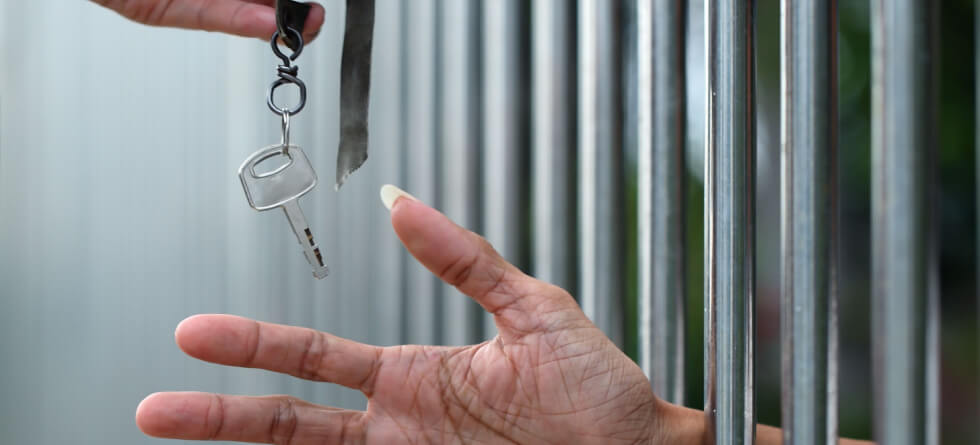Being out on bail means that a defendant has been released from jail before their trial after posting bail. Posting bail involves providing the court with a financial guarantee that the defendant will attend all of their required court hearings, such as cash, property, or a bail bond.
Once the bail is paid, the defendant is released from jail and allowed to go home or to another location, but they must comply with specific conditions while out on bail. These conditions may include staying within a particular geographic area, checking in regularly with a probation officer, or refraining from contacting specific individuals.
While out on bail, the defendant is still required to attend all required court hearings and comply with any other bail conditions. If the defendant fails to appear in court or violates any other requirements of their bail, they may be subject to arrest and additional penalties.
Being out on bail can give defendants more freedom and the ability to prepare for their trial outside the jail. However, it’s important to remember that bail is a privilege, not a right, and failure to comply with bail conditions can have serious consequences.



